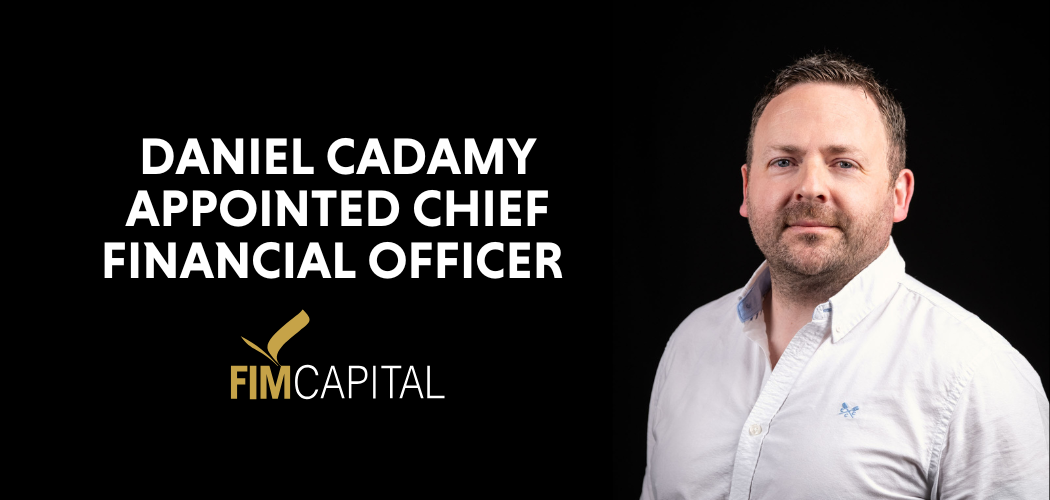The New Breed of Banking Employees
16 March 2022

By Paul Blake, Head of Banking and Fiduciaries, Finance Isle of Man
Throughout the last two years, curfews, restrictions and evolving government guidance have taken their toll. The pandemic generated a whole host of problems in the working world – most of us had to move our activities to home, and transition to online working practically overnight, and as a result it brought up questions around supporting employees with childcare, ensuring staff were coping with the new way of working and protecting them from burnout.
At the same time, the crisis also provided opportunities and fast tracked some progress. Companies accelerated their digital transformation as the need for sophisticated solutions increased, as well as the need to cut unnecessary costs during such a time of uncertainty. In this sense, the banking world was at the forefront, having quickly pivoted to a digital-first model for sales and service.
Crucially, the issue of attracting and retaining talent was brought to the fore. As people reassessed their priorities, put their own wellbeing first and sought country living and outdoor space, the world experienced ‘The Great Resignation’ and employers suddenly were forced to work harder to ensure staff stayed. In banking, in particular, sky-high starting salaries and the prospect of a career in the City shot down the priority list for potential employees, who began to favour work life balance and were happy to settle for smaller pay packets.
Where are we now?
So, while we are now two years on from the initial crisis, and the City is beginning to reawaken, what does the banking sector need to do to ensure it is an attractive career option in this new world?
Gone are the days when a company can simply offer competitive remuneration. Employees are now demanding more; and hybrid working, where people have the flexibility to work remotely, as well as in the office, is becoming the expectation rather than a luxury reserved for the most senior colleagues. But employers have to make sure the office provides serendipity which isn’t as readily available when working remotely. Nobody wants to sit at a desk on their own all day without meaningful conversation, whether at an office location or in their home.
Hybrid working has also opened up opportunities for greater work life balance which can bolster diversity in the workplace at both junior and senior levels. Parents can work more flexibly, juggling childcare in between Zoom or Teams meetings. Graduates who value a social life are less chained to their desks, and employees of all ages can enjoy more leisure time, by cutting out the daily commute, all of which can reduce absenteeism and contribute to staff retention.
Although a five-day office week looks like a thing of the past, the benefits of team collaboration should not be overlooked. Younger employees are more likely to be in flat shares, or living with their parents, so may find it more difficult to work effectively at home. Graduates can also benefit from watching senior employees in the workplace, which can make training and development a lot easier. Moreover, office working can provide networking opportunities for professionals at different stages of their careers, which cannot always be simulated at home.
How is the Isle of Man financial services sector adapting and retaining talent?
Financial services is the core of the Isle of Man’s economy. The sector contributes 42% of the Island’s GDP, and the economy is strong, secure and stable. The banking sector on the Island is innovative and evolving. We have a wide range of services, including deposits, treasury services, foreign exchange, trust, residential mortgages, investment property finance, commercial finance, corporate finance, asset and wealth management, to name a few.
There are therefore a myriad of career opportunities – with both well-known and established banking groups that have a presence on the Island like Barclays Bank, HSBC, Lloyds, Royal Bank of Scotland International and Santander UK through to Standard Bank and Nedbank Private Wealth. Cayman National, Conister Bank and Capital Bank International also provide a wealth of career opportunities. Many of these businesses have adapted their ways of working to suit the demands of today’s employees.
And more broadly, the Isle of Man offers a lifestyle that suits today’s workers. Forgoing a long commute can instantly free up time, and the ability to get from your front door to the countryside or coast in minutes appeals to a new breed of professionals who value a work life balance. Whether an Isle of Man native or born ‘off-island’, flights and ferries link to several destinations, including the UK and Ireland, making it easy to travel and visit family and friends.
Looking ahead
So, what does the future hold? What’s clear is the pandemic will have a lasting impact on the banking sector, as companies compete to retain talent, working from home becomes the norm, and clients demand increasingly sophisticated solutions. But the pandemic has pushed companies to think of innovative ways to serve their clients best, against increased operational and cybersecurity challenges, which must be positive. Ultimately, our longstanding history as a centre for banking excellence remains unchanged and there are huge opportunities for those working or looking for a career in banking here.





